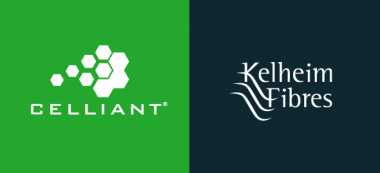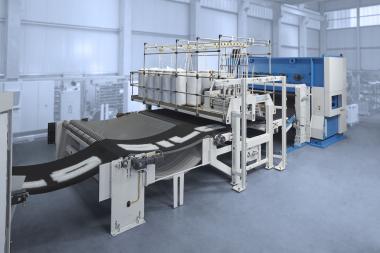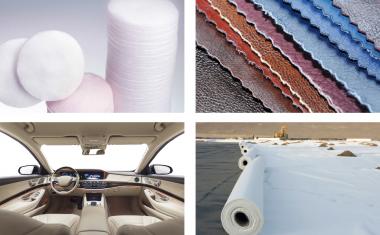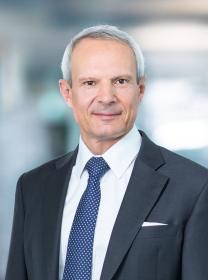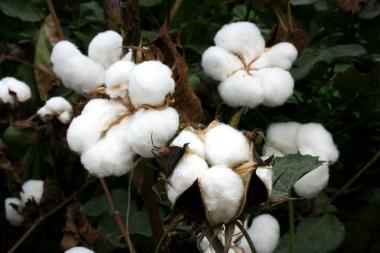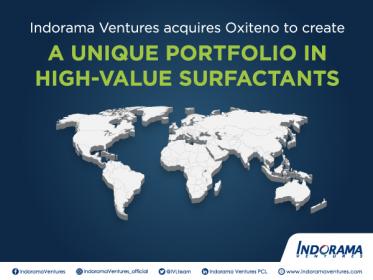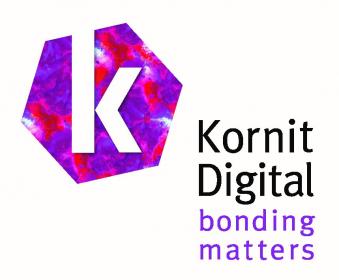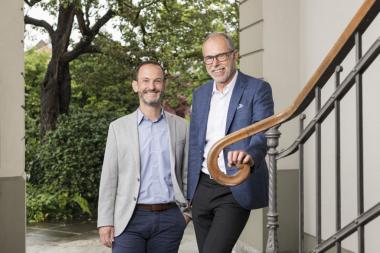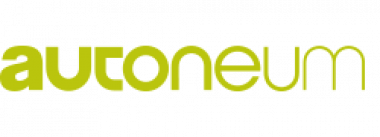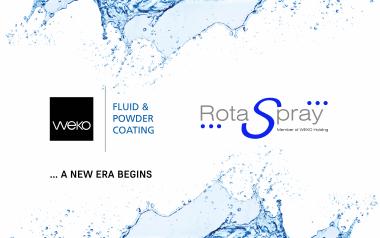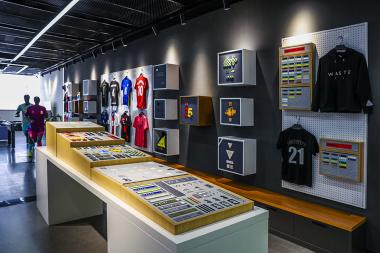CELLIANT® viscose - Kelheim Fibres and Hologenix® partnering
Kelheim Fibres, a leading manufacturer of viscose specialty fibers, and Hologenix®, creators of CELLIANT®, a responsive textile using infrared technology, partnered to create CELLIANT® viscose, a combination of nature and performance.
CELLIANT viscose in blends with cotton, regular viscose, MicroModal®, lyocell and wool offers a range of varieties. Among the many applications, it is especially suitable for performance wear, luxury loungewear, casual wear, bedding, towels and beauty.
CELLIANT viscose features natural, ethically sourced minerals embedded into plant-based fibers to create infrared products that capture and convert body heat into infrared, improving cellular oxygenation.
Kelheim’s flexible technology permits targeted interventions in the viscose fiber process and delivers this fiber that provides full functionality without the need for any additional processing steps, while impressing with a softer feel and cost and time savings compared to coated fabrics.
Dominik Mayer, Kelheim’s Project Manager for Fibre & Application Development, and Courtney OKeefe, Hologenix’s Chief Supply Officer, will share the story behind the development of CELLIANT® viscose and how this first in-fiber sustainable solution on the market was developed. They will present at a webinar during the Dornbirn Global Fiber Conference Thursday, September 16, at 5:50 pm CEST.
Kelheim Fibres


